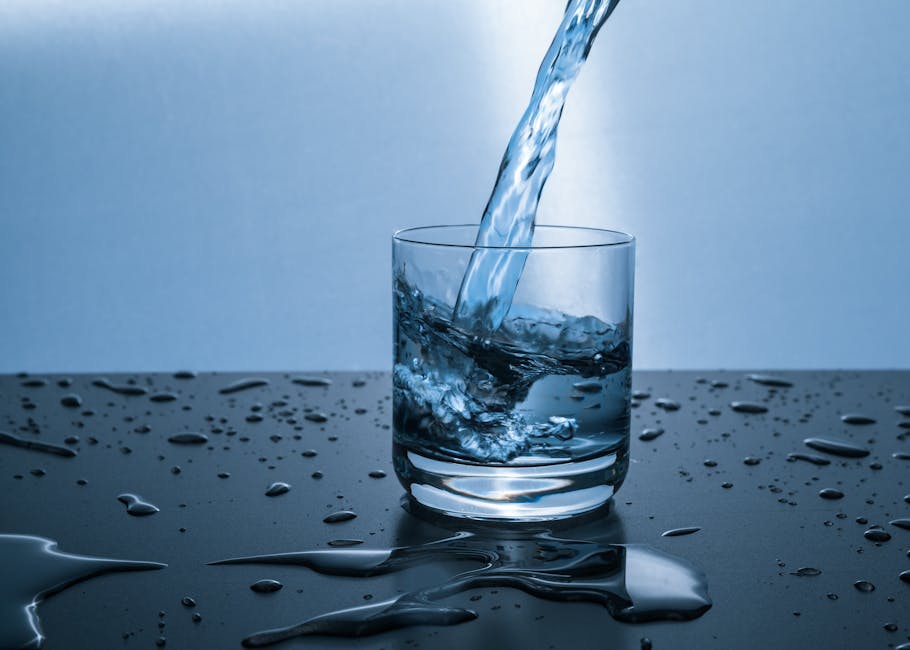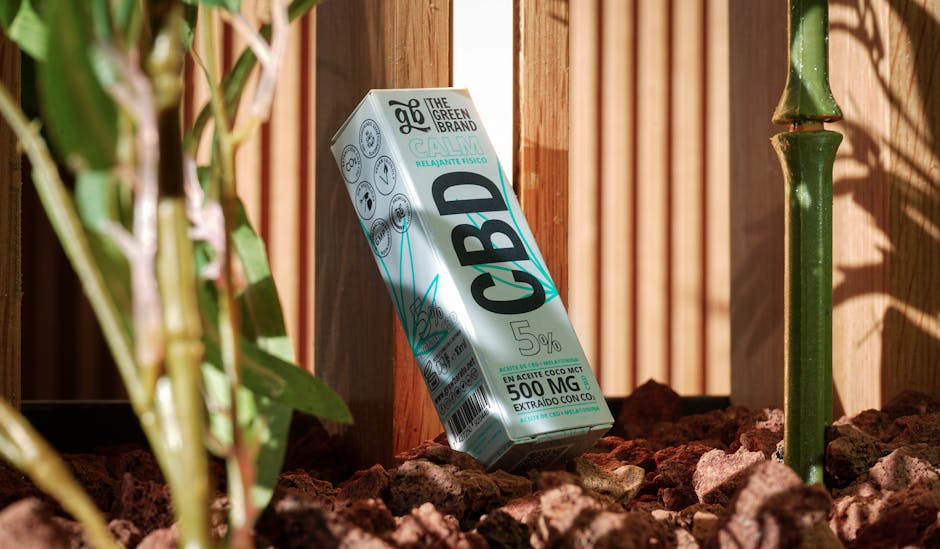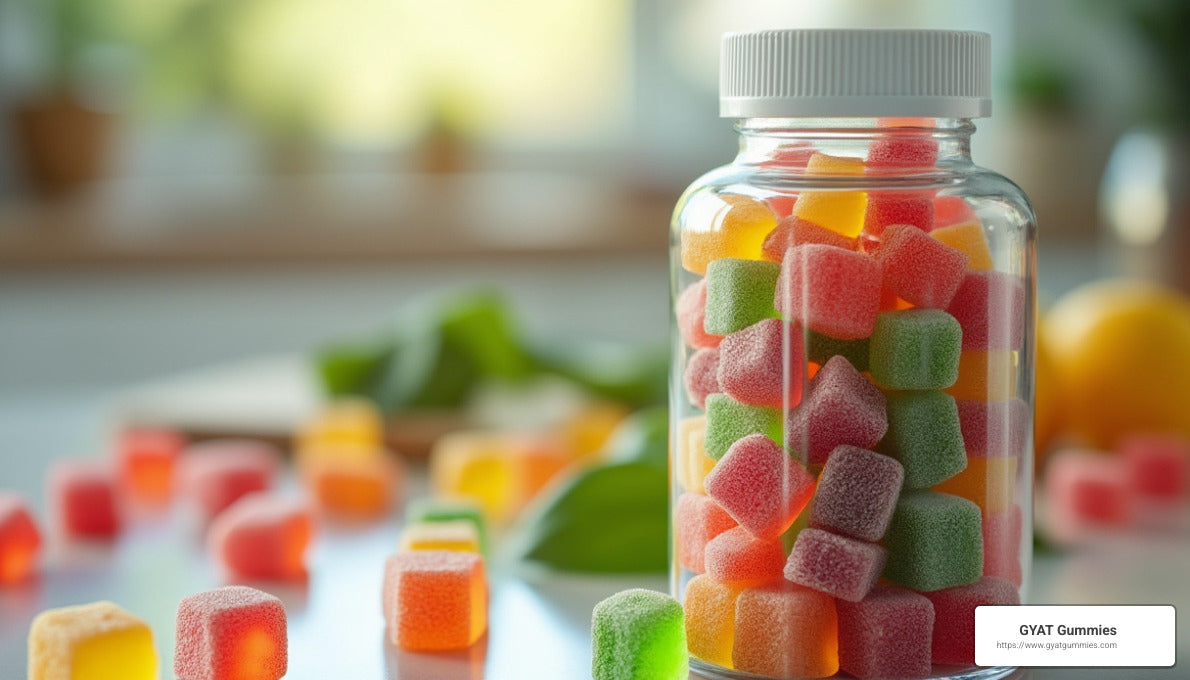Do electrolytes hydrate you better than water? The short answer is: sometimes, yes. Electrolytes can hydrate you better than water, but it depends on the situation. Here’s a quick breakdown:
- Water is effective for everyday hydration and casual exercise.
- Electrolyte drinks, containing essential minerals like sodium and potassium, are better for intense exercise, hot climates, or situations where you're losing a lot of sweat.
Hydration is not just about quenching thirst—it's about maintaining the right balance of fluids and electrolytes in your body. Whether you're exercising in heat, facing illness, or simply trying to stay healthy, understanding the difference between water and electrolyte drinks can make a big impact. The main electrolytes—sodium, potassium, calcium, and magnesium—are crucial for muscle function, nerve signaling, and maintaining fluid balance.
I'm Max Shemesh GYAT. As the CEO of GYAT, I blend my passion for health with a commitment to transparency, ensuring you understand how electrolytes and water can affect your hydration. Let's dive deeper into this important topic in the next section.

Key terms for do electrolytes hydrate you better than water: - do electrolytes keep you hydrated - do you need electrolytes to be hydrated - electrolyte hydration
What Are Electrolytes?
Electrolytes are essential minerals that play a crucial role in keeping our bodies functioning smoothly. These include sodium, potassium, calcium, magnesium, chloride, and phosphate. Each of these minerals carries an electric charge, which helps them perform vital functions in the body.
Key Functions of Electrolytes
-
Fluid Regulation: Electrolytes help balance the amount of water in your body. This balance is essential for maintaining healthy blood pressure and ensuring your organs function properly.
-
Muscle Function: Sodium and potassium are particularly important for muscle contractions. They help your muscles, including your heart, to contract and relax efficiently.
-
Nerve Signaling: Electrolytes transmit electrical signals between cells, which is crucial for nerve function. This is how your brain communicates with the rest of your body.
-
pH Balance: Electrolytes help maintain the acidity (pH) of your blood. This balance is vital for your body's metabolic processes.
The Main Players
-
Sodium: Found in table salt, sodium helps control blood pressure and blood volume. It also supports muscle and nerve function.
-
Potassium: This mineral is abundant in bananas and potatoes. It helps regulate heartbeat and muscle function.
-
Calcium: Known for building strong bones, calcium also aids in muscle function and nerve signaling.
-
Magnesium: Present in nuts and leafy greens, magnesium supports over 300 biochemical reactions in the body, including those that regulate muscle and nerve function.
-
Chloride: Often paired with sodium in salt, chloride helps maintain fluid balance and is a key component of digestive juices.
-
Phosphate: Found in dairy and meat, phosphate helps with energy production and bone health.
Understanding these minerals and their roles helps explain why electrolytes can sometimes hydrate you better than water. They ensure that your body functions optimally, especially under conditions of stress, like intense exercise or illness.

In the next section, we'll explore when to choose electrolyte drinks over water to keep your body in top shape.
Do Electrolytes Hydrate You Better Than Water?
When it comes to hydration, the question often arises: do electrolytes hydrate you better than water? The answer isn't straightforward, as it depends on several factors such as activity level, environmental conditions, and individual needs.
Hydration Efficiency: Water vs. Electrolytes
Water is essential for basic hydration. It quenches thirst and maintains fluid balance. However, during intense exercise, extreme heat, or illness, your body can lose not just water but also important electrolytes like sodium and potassium through sweat or bodily fluids.
In such cases, electrolyte drinks can be more effective at rehydrating your body than plain water. They replenish the lost minerals, helping your body retain fluids and maintain proper function. This is crucial for preventing symptoms of dehydration, such as muscle cramps and fatigue.
What the Studies Say
Research supports the idea that electrolyte drinks can improve hydration, especially in specific situations. A study published by the Cleveland Clinic highlights that electrolyte drinks are beneficial during high-intensity workouts or in hot climates. They help the body maintain fluid balance and avoid dehydration-related issues.
Similarly, according to Scripps Health, electrolyte drinks are particularly useful when you are experiencing conditions like vomiting or diarrhea, which can lead to significant electrolyte loss.
When Are Electrolytes Necessary?
-
Intense Exercise: If you're engaging in prolonged or vigorous physical activity, especially in a warm environment, electrolyte drinks can be a better choice than water.
-
Extreme Heat: High temperatures increase sweat production, leading to a loss of electrolytes. In such conditions, replenishing these minerals is crucial.
-
Illness: Conditions that cause excessive fluid loss, like fever, vomiting, or diarrhea, can lead to an electrolyte imbalance. In these cases, drinks with electrolytes can help restore balance quickly.

In summary, while water is sufficient for everyday hydration, situations involving intense physical activity, heat, or illness may require the extra boost that electrolytes provide. This ensures your body stays hydrated and functions optimally.
In the next section, we'll explore when to choose electrolyte drinks over water to keep your body in top shape.
When to Choose Electrolyte Drinks Over Water
Knowing when to grab an electrolyte drink instead of plain water can make a big difference in how you feel and perform. Here's when you might want to reach for that extra boost:
Exercise Intensity and Duration
If you're working out hard or for a long time, especially in a hot environment, your body sweats out more than just water. Electrolytes like sodium and potassium are lost too, which can lead to dehydration symptoms like muscle cramps and fatigue. In such cases, an electrolyte drink can help you replenish those lost minerals and maintain your energy levels.
Climate
Hot and humid climates make you sweat more, increasing your risk of dehydration. Electrolyte drinks can be beneficial in these conditions as they help you retain the fluids you consume and replace the minerals lost through sweat.
Illness
When you're sick with vomiting or diarrhea, your body loses fluids rapidly, along with vital electrolytes. This can lead to dizziness and muscle cramps. In these situations, an electrolyte drink can help restore balance and keep you hydrated more effectively than water alone.
Dehydration Symptoms
Feeling dizzy, tired, or experiencing muscle cramps? These are signs your body might need more than just water. Electrolyte drinks can quickly address these symptoms by providing the essential minerals your body needs to function properly.
In summary, while water is great for everyday hydration, certain situations call for the added benefits of electrolyte drinks. They can help you stay in top shape during intense exercise, extreme heat, or when you're unwell.
Next, we'll dive into the best electrolyte-rich drinks for hydration, exploring options like coconut water and sports drinks to help you make the best choice for your needs.
Best Electrolyte-Rich Drinks for Hydration
When you're looking to stay hydrated, especially during intense activities or in hot weather, choosing the right drink can make all the difference. Here are some of the best electrolyte-rich drinks to consider:
GYAT Gummies Electrolyte Boost
GYAT Gummies offer a convenient and tasty way to boost your electrolyte intake. Packed with essential electrolytes like sodium, potassium, calcium, and magnesium, these gummies are perfect for those who want a quick and easy hydration solution without the added sugars and artificial ingredients found in some drinks.
Coconut Water
Coconut water is a natural option that's low in sugar and packed with electrolytes. It's a refreshing alternative to conventional sports drinks and is often praised for its ability to hydrate effectively without the added sugars and artificial ingredients.
Homemade Drinks
Making your own electrolyte drink is a great way to control the ingredients. Simple recipes can include ingredients like celery, apple, lemon, bananas, almond milk, and kale blended together. These homemade options allow you to enjoy a natural, low-sugar drink custom to your taste preferences.
Low Sugar Options
If you're mindful of sugar intake, consider drinks that offer electrolytes without added sugars. Unsweetened coconut water or homemade drinks can be excellent choices. Always check labels for hidden sugars and choose beverages that align with your dietary needs.
Natural Sources
Fruits and vegetables are also rich in electrolytes. Watermelon juice, for instance, is a good source of magnesium and potassium. Incorporating such natural sources into your diet can help maintain electrolyte balance.
Selecting the right electrolyte-rich drink can support your hydration needs, whether you're working out, recovering from illness, or just dealing with a hot day. Next, we'll explore how you can make your own electrolyte drink at home, ensuring you have a healthy and personalized option ready whenever you need it.
How to Make Your Own Electrolyte Drink
Making your own electrolyte drink is not only easy but also allows you to customize flavors and control ingredients. Here are some simple DIY recipes to get you started:
Ingredients You'll Need
- Celery: Rich in sodium, this adds a natural salty taste.
- Apple: Provides sweetness and contains potassium.
- Lemon: Offers vitamin C and a refreshing citrus flavor.
- Bananas: Packed with potassium, great for muscle function.
- Almond Milk: A low-calorie base with calcium and vitamin D.
- Kale: Loaded with magnesium and other essential nutrients.
Basic Recipe
-
Gather Ingredients: You'll need 1 stalk of celery, 1 apple, the juice of 1 lemon, 1 banana, 1 cup of almond milk, and a handful of kale.
-
Preparation: Chop the celery and apple into small pieces. Peel the banana.
-
Blend: Combine all ingredients in a blender. Blend until smooth. If you prefer a thinner consistency, add a bit more almond milk or water.
-
Taste and Adjust: Taste your drink and adjust the sweetness or tartness by adding more apple or lemon juice as desired.
-
Serve: Pour into a glass and enjoy your homemade electrolyte drink!
Tips for Customization
-
Add a Pinch of Salt: For extra sodium, which is essential in replacing what's lost through sweat.
-
Include Ginger: For added flavor and potential anti-inflammatory benefits.
-
Experiment with Other Fruits: Try adding watermelon or berries for different flavors and added electrolytes.
Making your own electrolyte drink is a fun way to ensure you're getting a healthy, low-sugar hydration option custom to your preferences. Plus, it's a great way to use fresh ingredients you might already have at home.
Next, we'll dig into the potential risks of overconsumption, helping you understand how to balance your intake for optimal health.
Potential Risks of Overconsumption
While electrolytes are essential for keeping our bodies balanced, too much of a good thing can be harmful. Overconsumption of electrolytes can lead to several health issues, especially if you're not careful about what you're drinking.
High Sodium
Sodium is crucial for fluid balance and nerve function, but consuming too much can lead to hypertension (high blood pressure). The Cleveland Clinic warns that excessive sodium intake can strain the heart and blood vessels, increasing the risk of heart disease.
High Potassium
Potassium helps with muscle function and heart health, but high levels can cause hyperkalemia. This condition can lead to dangerous heart rhythms. The Mayo Clinic advises monitoring potassium intake, especially if you have kidney issues, as the kidneys help regulate potassium levels.
Sugar Content
Many commercial electrolyte drinks come loaded with sugar. While sugar can provide a quick energy boost, consuming it in large amounts can lead to weight gain, diabetes, and other health complications. It's essential to check labels and opt for low-sugar options whenever possible.
Toxicity Risks
Overloading on certain electrolytes can lead to toxicity. For example, too much magnesium can cause diarrhea and stomach cramps. It's important to maintain a balance and not exceed recommended daily intakes.
Key Takeaway
Electrolytes are important for hydration and overall health, but it's crucial to consume them in moderation. Always consider your individual health needs and consult with a healthcare provider if you're unsure about your electrolyte intake. Next, we'll explore when to choose electrolyte drinks over water, helping you make informed hydration choices.
Frequently Asked Questions about Electrolytes and Water
Is it better to hydrate with water or electrolytes?
The answer depends on your activity level and situation. For everyday activities, water is usually sufficient. It's simple, calorie-free, and keeps your body hydrated. But during intense exercise, extreme heat, or illness, like vomiting or diarrhea, electrolyte drinks can be more effective. They replace lost minerals and support muscle and nerve functions. According to the Cleveland Clinic, if you're sweating a lot, electrolyte drinks can help you recover faster than water alone.
What drink will hydrate you the fastest?
The fastest hydration comes from drinks that balance water, electrolytes, and carbohydrates. Sports drinks and oral rehydration solutions are designed for quick absorption. A study noted in the research above found that drinks with a mix of sodium, potassium, and carbohydrates can improve fluid retention better than plain water. However, for a natural option, coconut water offers a good balance of electrolytes with less sugar than many sports drinks.
Is it okay to drink electrolytes every day?
While electrolytes are vital, drinking them daily without need can lead to overconsumption, particularly of sodium and sugar. The Mayo Clinic advises monitoring intake, especially if you have health conditions like hypertension or kidney issues. For regular hydration, stick to water and reserve electrolyte drinks for when they're truly needed, such as after intense workouts or in high-heat conditions. Always check labels for sugar content and choose low-sugar options to avoid unnecessary health risks.
Next, we'll dive into the best electrolyte-rich drinks for hydration, exploring options that are both effective and healthy.
Conclusion
In summary, achieving balanced hydration is crucial for maintaining our overall health and well-being. While water is essential for daily hydration, there are times when electrolytes can offer additional benefits. They help our bodies retain fluid and support critical functions, especially during intense activities or when we're experiencing illness.
Choosing the right type of hydration depends on your specific needs. For everyday hydration, plain water is usually sufficient. However, during intense exercise, hot weather, or illness, electrolyte-rich drinks can provide a more effective solution. They replenish lost minerals and help keep our muscles and nerves functioning optimally.
At GYAT Gummies, we are committed to enhancing your hydration experience with high-quality, natural supplements. Our products are designed to support your health and wellness journey, providing an easy and delicious way to maintain balanced hydration.
The key to effective hydration is understanding your body's needs and choosing the right drinks to meet them. Whether it's plain water or an electrolyte boost, staying hydrated is essential for your health.
Thank you for joining us on this journey to better hydration. We hope this guide has provided valuable insights and helped you make informed choices about your hydration needs. Stay healthy and hydrated!


